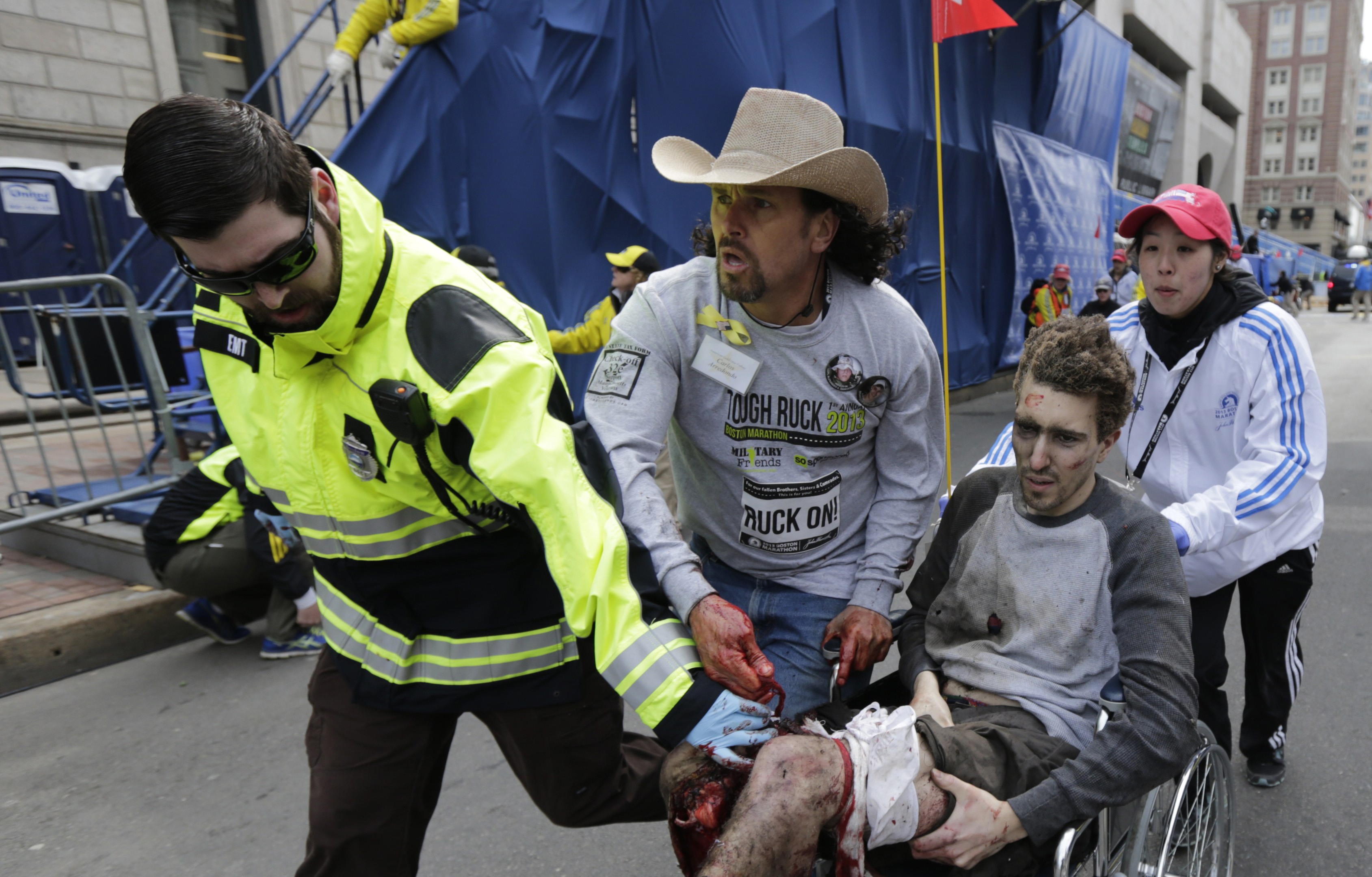From the moment U.S. prosecutors stand up on Wednesday and begin their case against accused Boston Marathon bomber Dzhokhar Tsarnaev, their minds and those of their defense counterparts will be focused on just one thing: The death penalty.
Tsarnaev, 21, is accused of killing three people and injuring 264 with a pair of homemade pressure-cooker bombs left at the race's crowded finish line on April 15, 2013, in the largest mass-casualty attack on U.S. soil since Sept. 11, 2001.
The ethnic Chechen, who moved to the United States from Russia with his family a decade before the attack, could be sentenced to death if he is convicted of charges that also include the fatal shooting of a police officer three days later as he tried to flee the city.


















With your current subscription plan you can comment on stories. However, before writing your first comment, please create a display name in the Profile section of your subscriber account page.